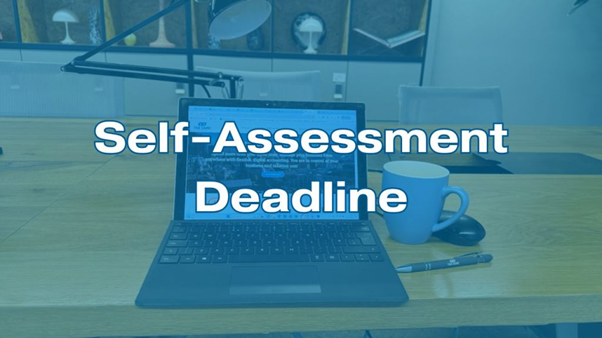-
News
-
Blog
-
Archive

If you're a self-employed consultant in Manchester, staying on top of your tax obligations is essential. The UK self-assessment system can be complex, but with the right knowledge and support, you can meet deadlines, avoid penalties, and make the most of your tax return. This guide outlines the key self-assessment deadlines and provides practical tips to help consultants navigate the process efficiently.
Key Self-Assessment Deadlines
Understanding the important dates in the self-assessment calendar is crucial:
- 5 October – Deadline to register with HMRC if you're newly self-employed.
- 31 October – Deadline for submitting paper tax returns.
- 31 January – Deadline for submitting online tax returns and paying any tax owed for the previous tax year.
- 31 July – Deadline for making a second payment on account (if applicable).
Missing these deadlines can result in automatic penalties, interest on unpaid tax, and unnecessary stress.
Tips to Manage Your Self-Assessment Effectively
1. Register Early with HMRC
If you're new to self-employment, you must register for self-assessment by 5 October in your business's second tax year. Don't wait until the last minute — registering early ensures you have enough time to gather information and get your credentials in place.
2. Keep Accurate Financial Records
Good record-keeping is key to a stress-free tax return. Keep track of:
- Invoices issued and received
- Business expenses and receipts
- Bank statements
- Mileage logs for travel expenses
Using accounting software or hiring a professional accountant for consultants can simplify this process.
3. Understand Allowable Expenses
As a consultant, you may be able to deduct a range of business expenses from your taxable income, such as:
- Home office costs
- Phone and internet bills
- Business travel and accommodation
- Marketing and advertising expenses
Consulting a tax specialist can ensure you're claiming all eligible deductions and reducing your tax bill.
4. Make Payments on Account
If your tax bill is more than £1,000, HMRC will likely require payments on account — advance payments toward your next year's tax bill. These are due in two instalments: 31 January and 31 July. Be sure to factor this into your cash flow planning.
5. File Early and Avoid Penalties
Filing your return early gives you peace of mind and helps you plan your finances. Early filing also ensures you receive any tax refunds sooner. Avoid the January rush and give yourself plenty of time to resolve any issues.
6. Seek Professional Support
The self-assessment process can be daunting, especially if you have multiple income streams or complex deductions. Working with a local expert can make a big difference.
Our accountants in Manchester offer tailored services for consultants, from tax planning to filing support.
Conclusion
Meeting your self-assessment tax obligations as a consultant in Manchester doesn't have to be stressful. By staying organised, understanding key deadlines, and working with experienced professionals, you can manage your tax responsibilities confidently and efficiently.
For expert help with self-assessment and more, contact our self-employed accounting specialists today.